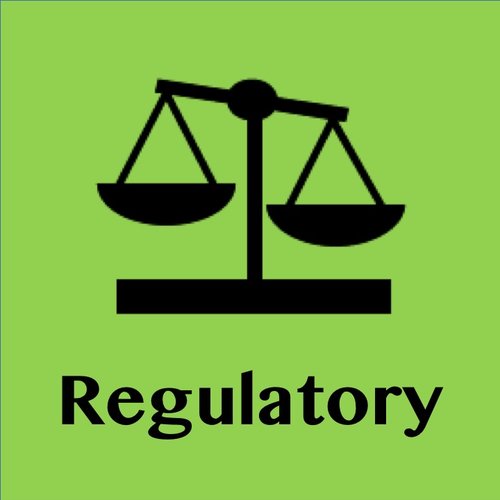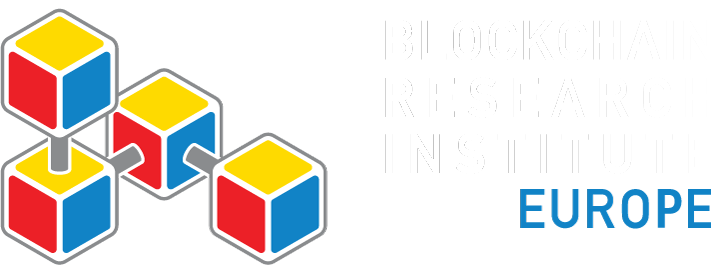orthogonal investigation
Societal/Regulatory Opportunities
Depending on client interest and project resources we may investigate some broader societal opportunities. Consider the case of Climate and Planet Stewardship.
With the emergence in 2015 of the Sustainable Development Goals (SDGs) and the Paris Agreement as the new global framework for addressing climate change, this enormous momentum is being manifested with an unprecedented diversity of initiatives and innovative models integrating environment, society and economy. Although developed country governments led the way during the 1990s and 2000s, that leadership has turned to stagnation, and in some cases—notably the US—possibly going into reverse, action is being focused at the sub-national level by a multitude of non-state actors such as cities and companies. Several of these non-state actors are starting to use digital technologies such as IoT devices and big data analytics to enable better measurement and verification of sustainability performance. However, the existing market infrastructure for sustainability issues, such as carbon markets, faces a plethora of challenges such as fragmentation, non-fungibility of market instruments, difficulty scaling—among many other challenges—that is limiting non-state actors to be able to monetize their sustainability performance.
Blockchain technology has the potential to overcome many of these challenges, as well as enable non-state actors to create new strategies and business models from their data and stakeholder networks.
However, within the climate and sustainability communities, blockchain technology is almost entirely unknown and is perceived as radical and a disruptive force that would need to be linked with additional innovations such as collaborative governance models (e.g. “standards 2.0”). To determine the path forward for blockchain with the climate and sustainability space, research is needed to answer the questions: 1) how does blockchain need to be connected with other digital innovations to address the needs of the various types of actions/initiatives on climate and sustainability?; 2) recognizing the inherent fundamental nature of climate and sustainability to incorporate multi-stakeholder governance, how can a blockchain solution be governed under such multi-stakeholder demands?; 3) as natural capital and other environmental and sustainability assets/commodities are created, how can blockchain be designed to ensure environmental integrity (e.g. all the actions/assets on the blockchain add-up to the global carbon budget)?

Many regulatory bodies are now exploring the emergence of blockchain to enhance the financial welfare of their population and to prevent abuse and bring transparency into the financial system and economy as a whole. This project proposes to investigate blockchain technology as the solution to the challenges regulators face, and suggest some best practices and new directions regulators should consider.
Currently, in collaboration with our partner on these matters – the Chamber of Digital Commerce – there are a number of approaches that we have identified as problematic. Some state regulatory bodies have adopted regulations where they are unnecessary or undesirable. As an example, some applications of the blockchain do not represent a utility for money transmission; however, these entrepreneurs are held to onerous compliances that are completely gratuitous, oppressive and do not serve the public interest. Others have adopted contradictory and duplicative regulations by multiple agencies that drive up compliance costs for startups to unsustainable levels and strangles innovation.
There are countless issues, some far-reaching. For example, should the emergence of the blockchain sector require the harmonization of regulatory practices? If so, for what issues should a harmonized regulatory body or SRO pre-empt state and local (providences and territories) jurisdictions for domains such as AML and anti-terrorism?
There has been no systematic study of the do and do nots of regulation of blockchain technology. There is too much at stake to address this on an ad hoc basis, and thus there remains a high risk that a socially and economically valuable industry will be strangled in the cradle. Regulators should encourage the blockchain industry for many reasons. However it’s unclear to most what a sensible approach looks like.
